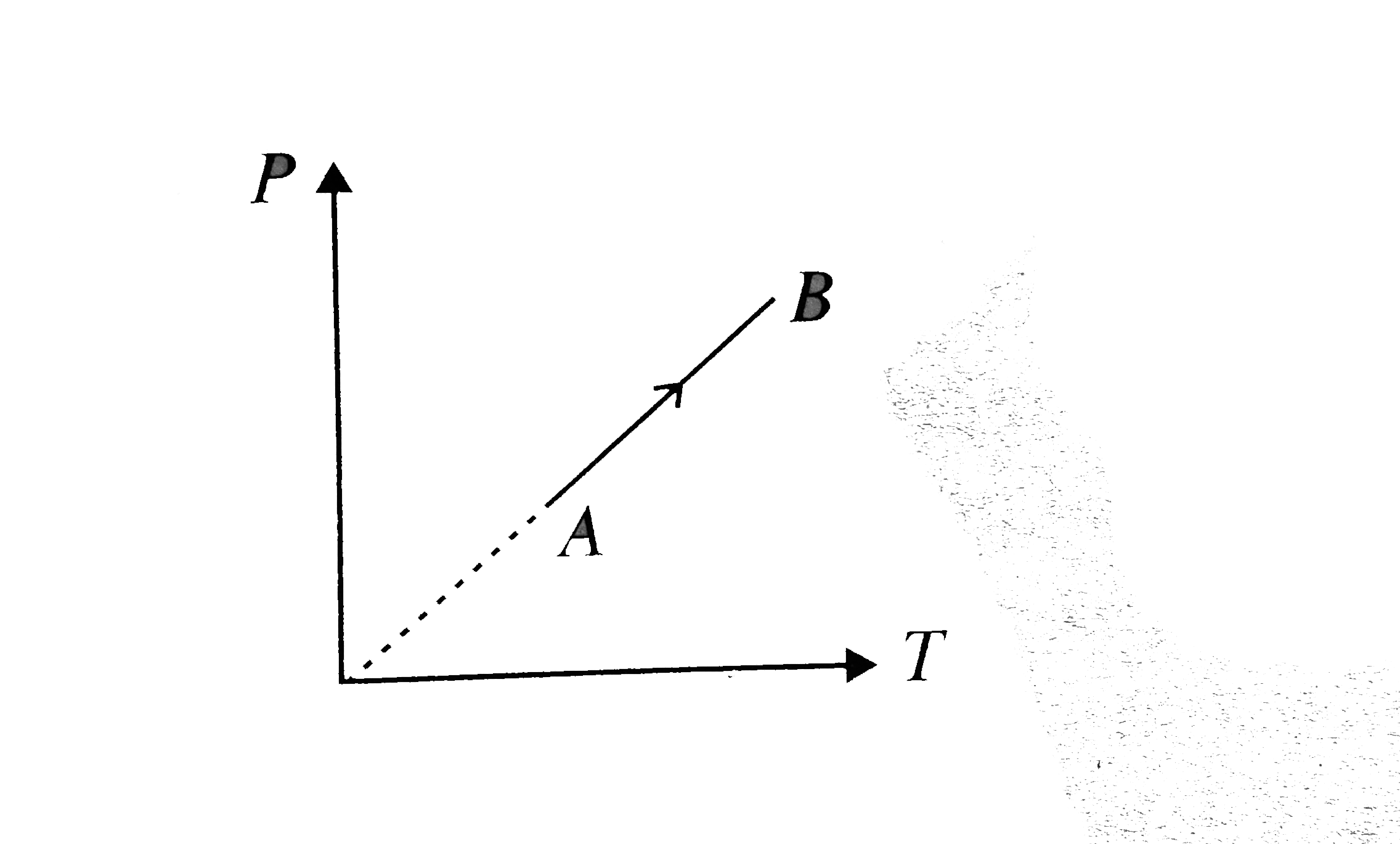In a given process on an ideal gas, dW=0 and dQ<0. Then for the gas
A
the temperature will decrease
B
the volume will increase
C
the pressure will remain constant
D
the temperature will increase.
Text Solution
The correct Answer is:a
dU=dQ−dW⇒dU=dQ−0=dQ
But as per question, dQ<1
∴dU<1
∴ The temperature will decrease.
|
Topper's Solved these Questions
- THERMODYNAMICSBOOK - MTG-WBJEECHAPTER - THERMODYNAMICSEXERCISE - WB JEE WORKOUT ( CATEGORY 2 : Single Option Correct Type (2 Mark )
15 Videos
- THERMODYNAMICSBOOK - MTG-WBJEECHAPTER - THERMODYNAMICSEXERCISE - WB JEE WORKOUT ( CATEGORY 3 : One or Mare than One Option Correct Type (2 Mark )
10 Videos
- SOLID STATE ELECTRONS BOOK - MTG-WBJEECHAPTER - SOLID STATE ELECTRONS EXERCISE - WB JEE Previous Years Questions (CATEGORY 1 : Single Option Correct Type)
15 Videos
- WAVE OPTICSBOOK - MTG-WBJEECHAPTER - WAVE OPTICSEXERCISE - WB JEE PREVIOUS YEARS QUESTION (MCQ.s)
9 Videos
Similar Questions
Knowledge Check
In a given process on an ideal gas, dW=0anddQ<0. Then for the gas
Athe temperature will decreaseBthe volume will increaseCthe pressure will remain constantDthe temperature will increaseIn a given process for an ideal gas dW = 0 and dQ>0. Then for the gas
AThe temperature will decreaseBThe volume will increaseCThe pressure will remain constantDThe temperature will increaseIn a given process on an ideal gas, dW=0 and dQ is negative, then for the gas:
AThe temperature will decreaseBThe volume will increaseCThe pressure will remain constantDThe temperature will increase

